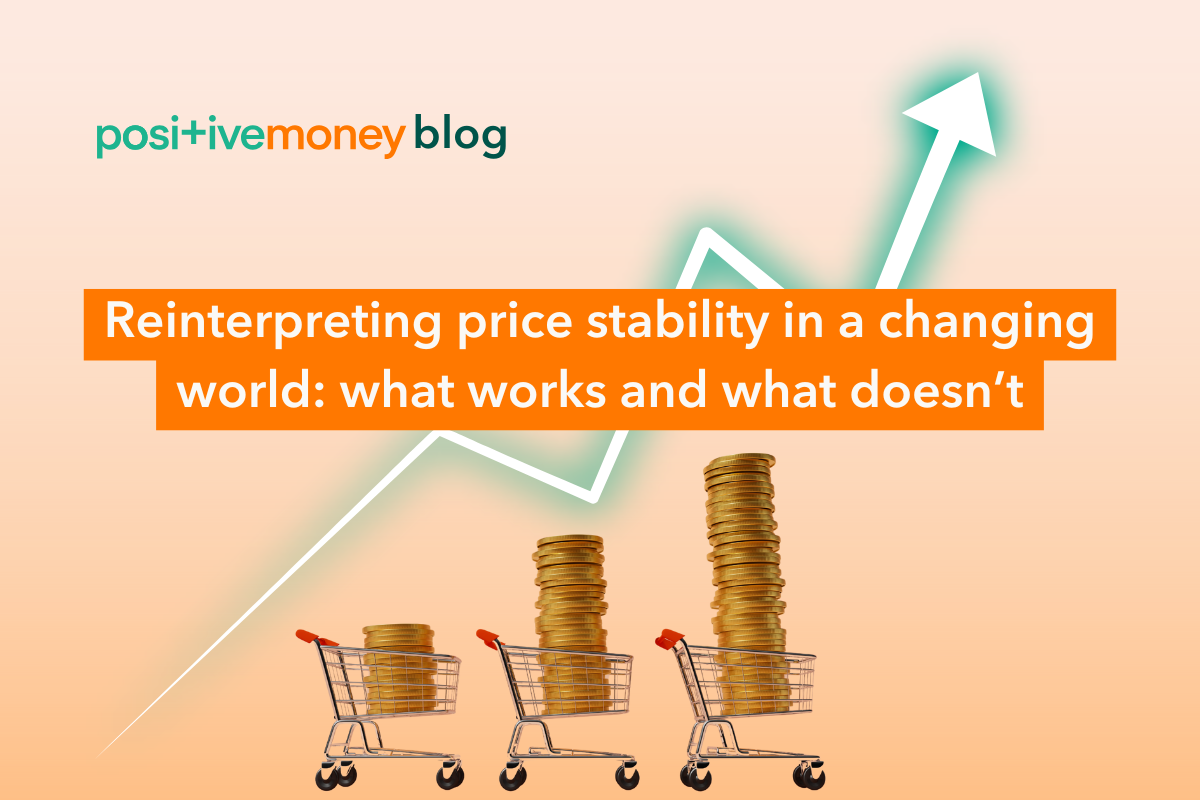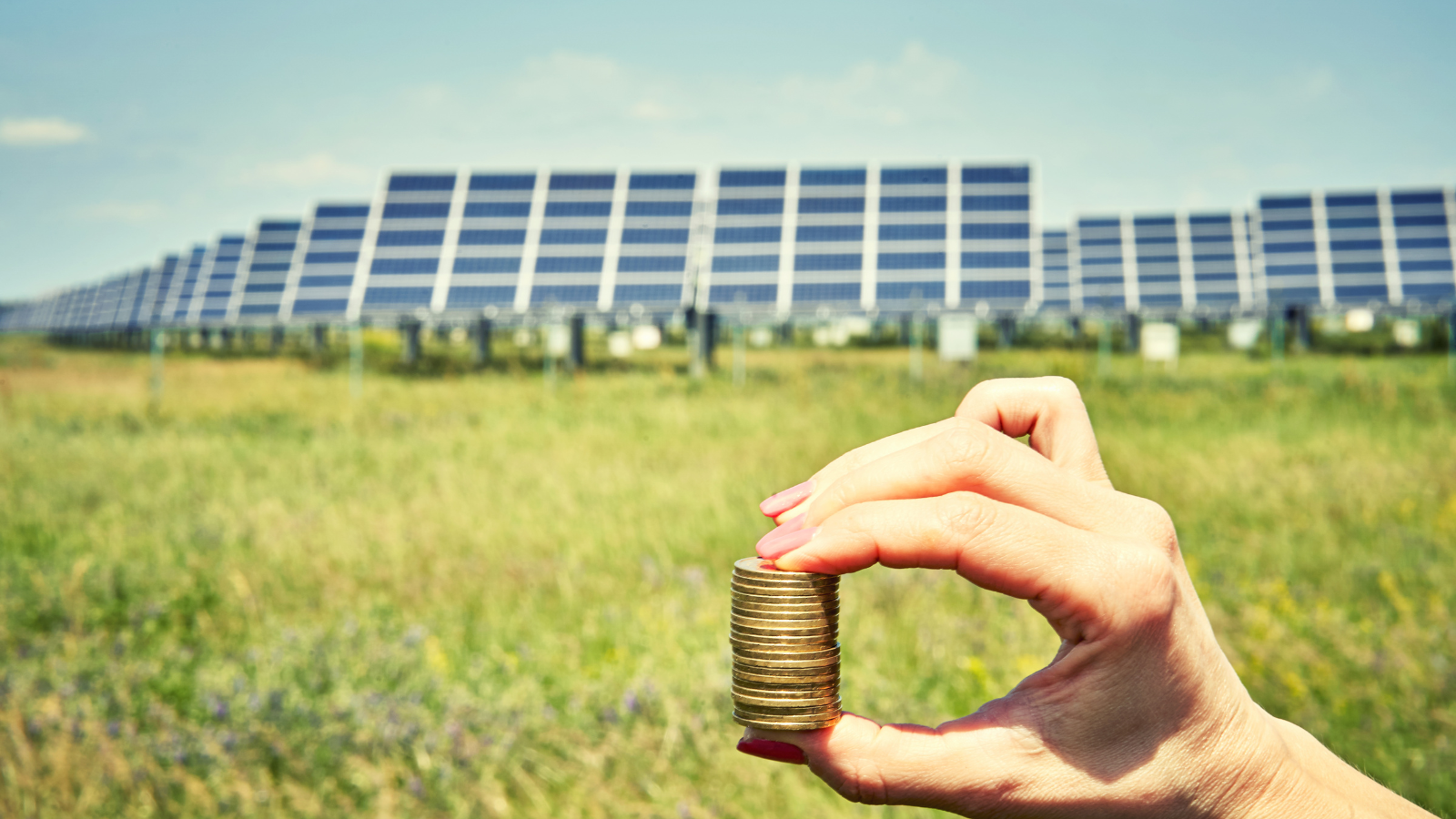
MacroeconomicsEU
18 December 2025
There is evidence that the decision by central banks to raise interest rates is already slowing down investments in the renewable energy sector, thereby undermining the green transition. This is in direct contradiction to the latest climate stress test of the European Central Bank (ECB), which calls for a faster switch to a greener economy. It’s time for the ECB to rethink its approach, as opposed to raising interest rates without regard to the outcomes.
In the past year, the urgency to transition towards a green energy economy has intensified: this has become not only vital for achieving the global climate goal of reducing greenhouse gas emissions, but also for shielding us from future price shocks triggered by fluctuations in fossil fuel costs (namely so-called ‘fossilflation’). This urgency calls for large-scale investments in energy efficiency and renewable energy sources, but the ECB’s decision to raise interest rates to record highs is a major obstacle to such initiatives.
Rising interest rates do not affect all sectors in the same way, and renewable energy projects bear a more significant brunt. This is mainly due to the fact that these projects require large upfront investments, making them more vulnerable to fluctuations in capital costs compared to sectors like fossil fuels. Another reason is that many companies in the sector negotiate long-term contracts, setting the energy selling price well before the project development starts.
Recent trends show that higher interest rates are already putting the renewables sector at a disadvantage.
The S&P Global Clean Energy Index, a key indicator of the health of green investments, has experienced a 20.2% decline over the past two months. This downturn is likely to result in its worst annual performance since 2013. In stark contrast, the S&P 500 Energy Index, which is heavily weighted towards oil and gas, has seen a 6% gain during the same period.
The repercussions of interest rate hikes go beyond these investment indices — they are also impeding the development of new green energy projects. For instance, elevated financing costs are creating hurdles for the construction of new offshore wind farms, with evidence of this emerging in both the UK and in Belgium.
Similar trends are also happening in the US. NextEra Energy, a leading generator of wind and solar power, announced a reduction in its growth target for at least the next three years, because of ‘tighter monetary policy and higher interest rates’.
Soaring interest rates therefore risk undermining the progress made in recent years in green energy investments, which had been growing at an average annual rate of 20% since 2020.
This leaves an even more bitter taste when read in conjunction with the ECB’s latest climate stress test. Published last September, the test results are yet another call to accelerate the green transition.
ECB Vice-President Luis de Guindos emphasises that ‘we need more decisive policies to ensure a speedier transition towards a net-zero economy in line with the goals of the Paris Agreement. Moving at the current pace will push up risks and costs for the economy and financial system’.
Importantly, the ECB highlights the necessity to speed up green investments, which significantly reduce costs and uncertainties for both households and businesses in the medium term, and would benefit the commercial banking sector too.
This inevitably raises the question: why do the ECB’s actions contradict its own findings?
The trends presented in this blog demonstrate that the policy of raising interest rates disproportionately impacts the clean energy sector. Controlling inflation must not come at the expense of the green transition — the ECB has the capability to tackle price increases while at the same time promoting green investments, whose significance the ECB itself acknowledges.
The solution we have been advocating for is differentiating interest rates between green sectors and others, rather than merely implementing a one-size-fits-all policy of rate hikes. Only in this way would the ECB tackle what the core problem is, namely the dependency of our economies on fossil fuels and the unpredictability of their prices.
With the European Parliament currently drafting its annual report on the ECB’s policies, a pivotal window to promote such ambitious climate policies is about to open.
